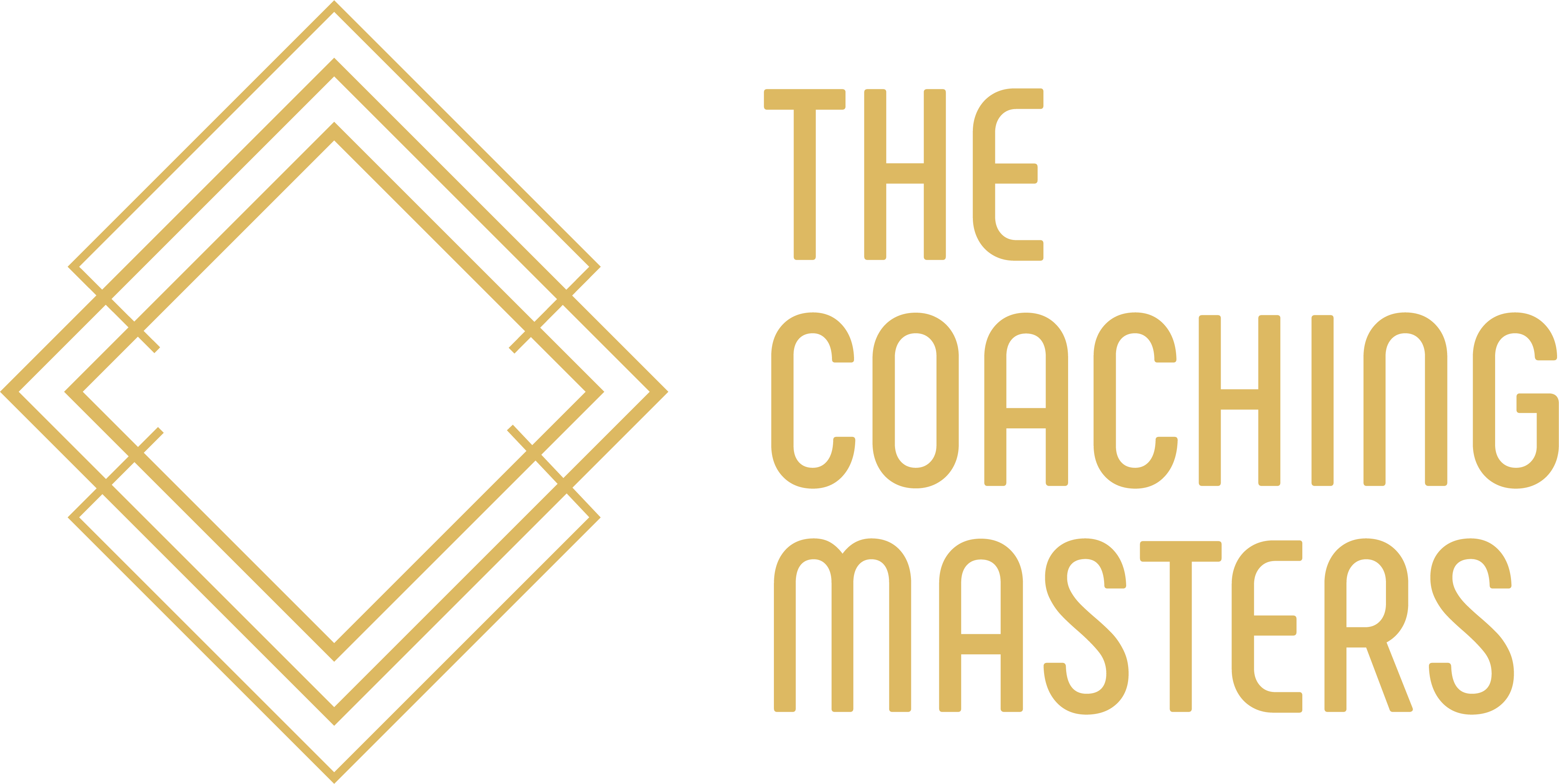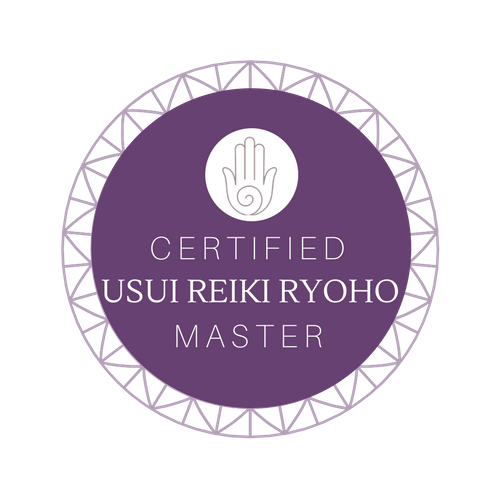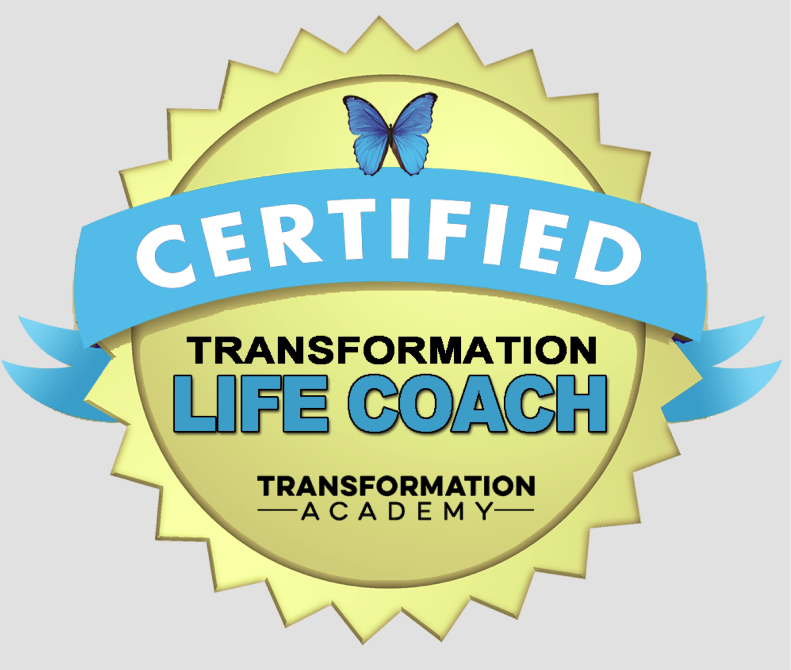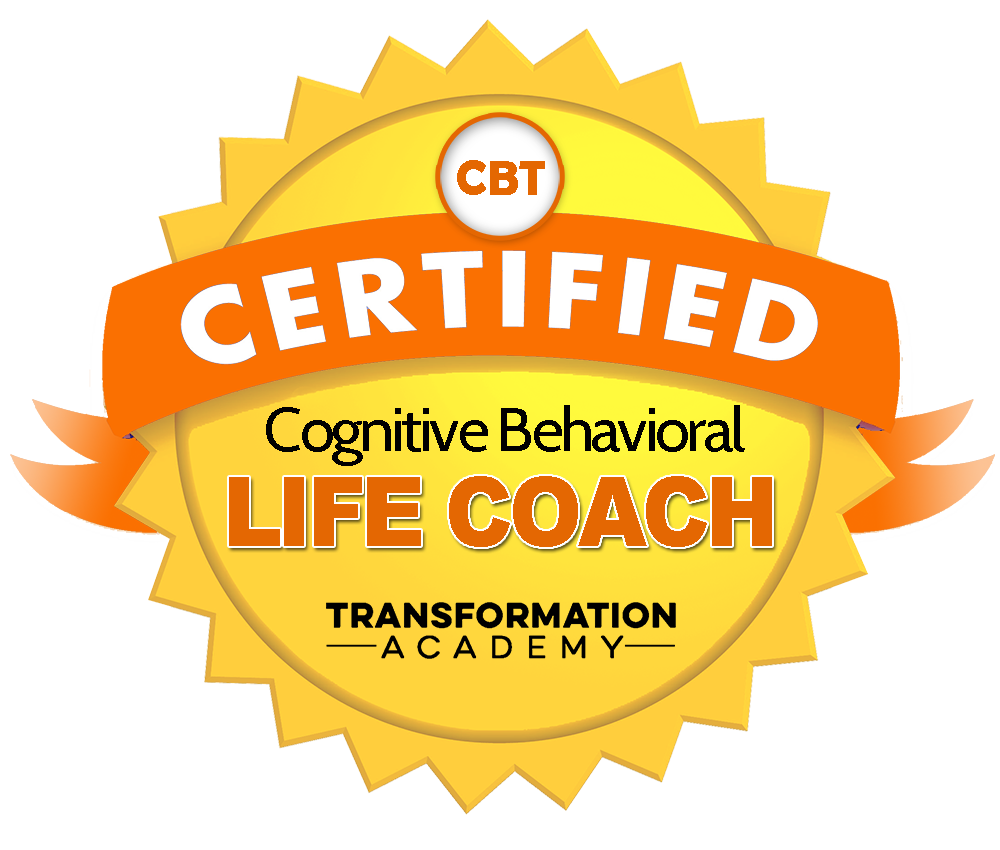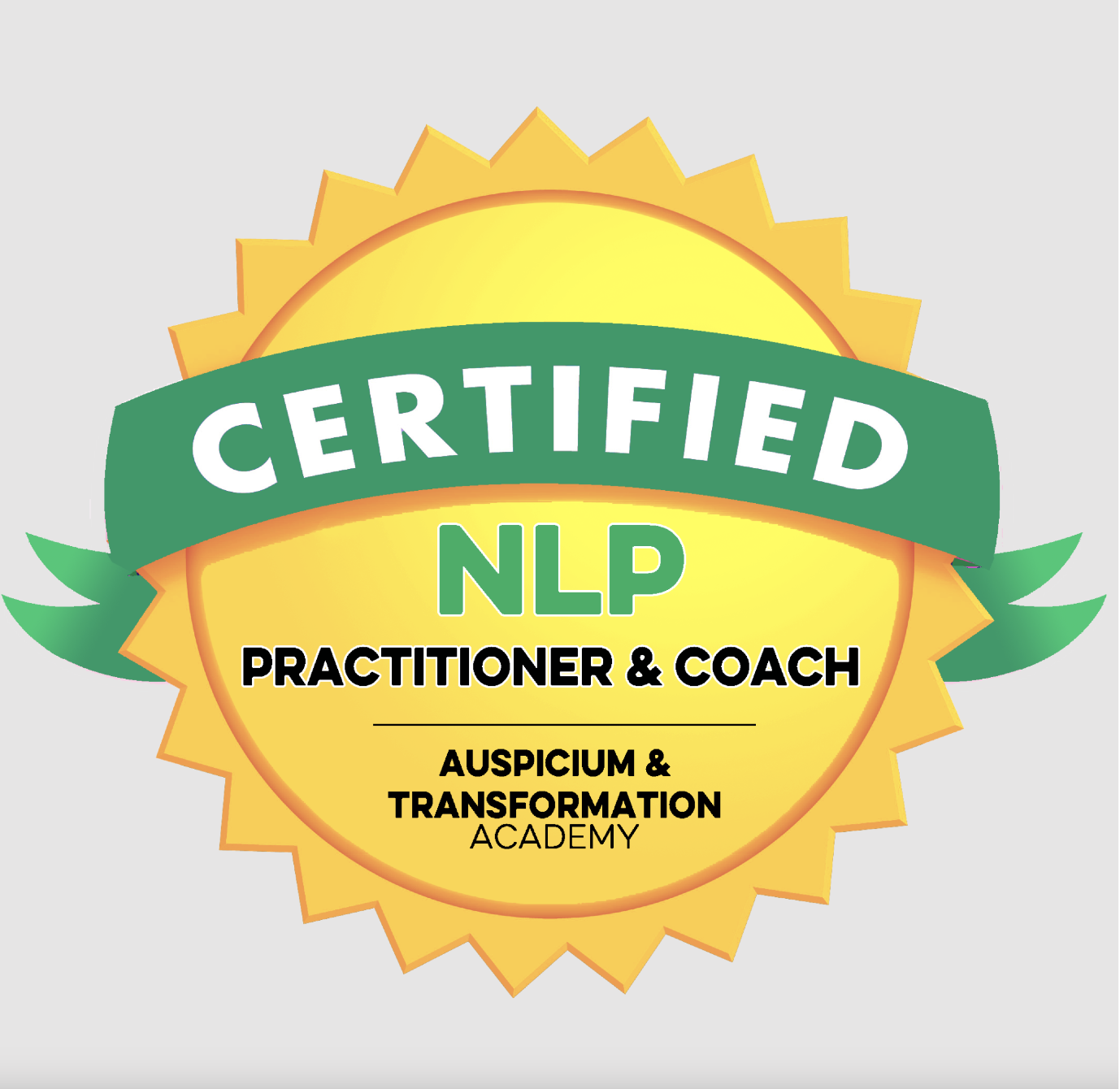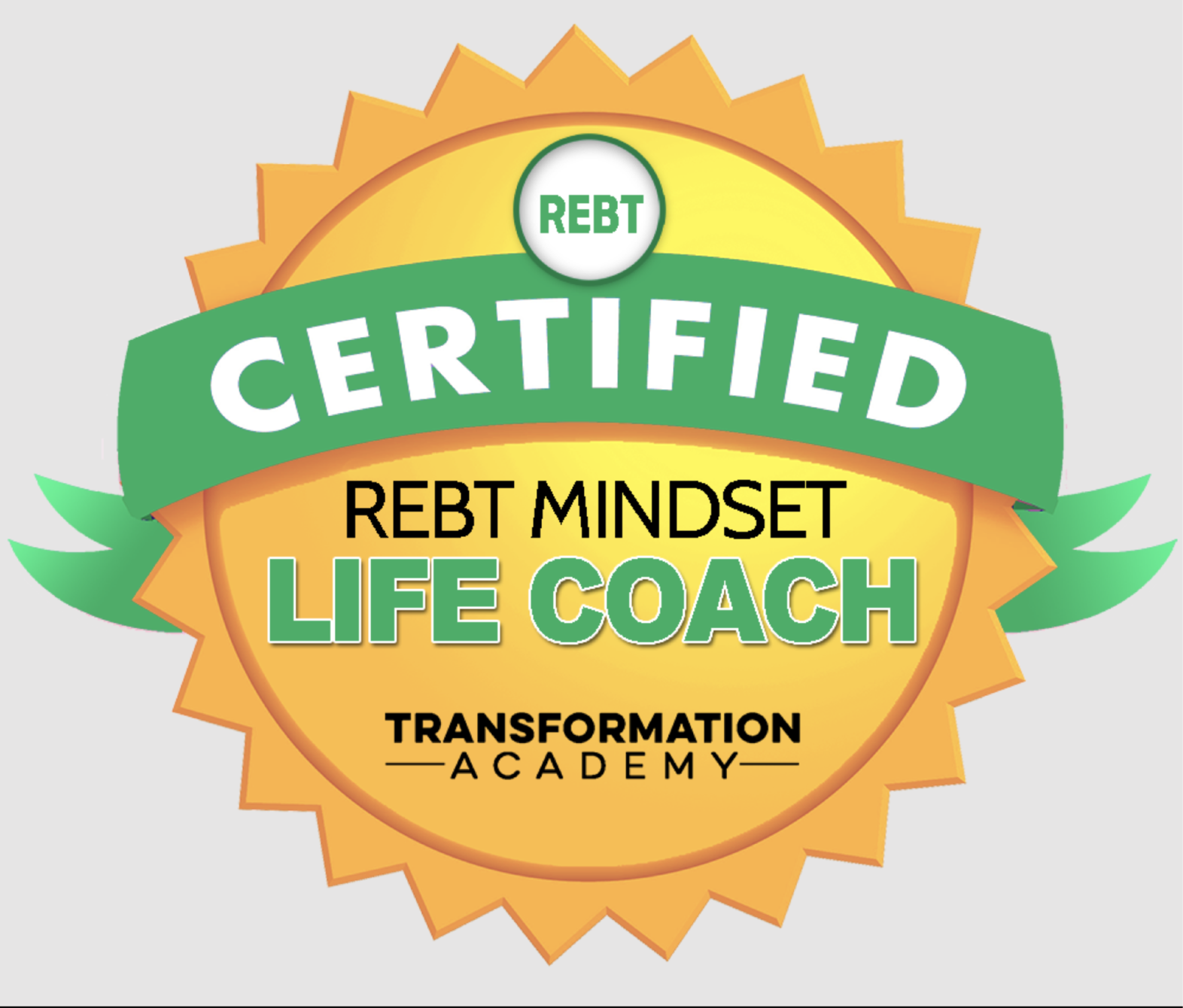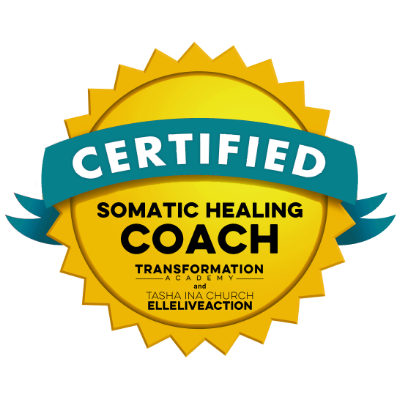Mindfulness and Stress Management

Cultivating Calm in a Chaotic World
In today’s fast-paced world, stress has become a ubiquitous part of our daily lives. From work pressures to personal responsibilities, the demands on our time and energy can often feel overwhelming. However, amidst this chaos, mindfulness offers a powerful tool for stress management, helping us to cultivate calm and resilience.
Understanding Mindfulness
Mindfulness is the practice of being fully present in the moment, aware of our thoughts, feelings, and surroundings without judgment. It’s about observing our experiences as they are, rather than getting caught up in them. This ancient practice, rooted in Buddhist meditation, has gained widespread popularity in recent years, particularly for its benefits in managing stress.
When we are mindful, we are more attuned to our bodies and minds. This awareness allows us to recognise signs of stress early on and take steps to manage it effectively. Mindfulness encourages us to slow down and appreciate the present moment, breaking the cycle of worry and anxiety about the future or rumination about the past.
The Science Behind Mindfulness and Stress Reduction
Numerous studies have highlighted the positive effects of mindfulness on stress reduction. Research has shown that mindfulness can lower cortisol levels, the body’s primary stress hormone, and increase activity in areas of the brain associated with emotional regulation and empathy. These changes can lead to a decrease in anxiety, improved mood, and greater overall well-being.
One study conducted by researchers at Harvard Medical School found that participating in an eight-week mindfulness-based stress reduction (MBSR) program led to significant reductions in stress and improvements in psychological well-being. Participants reported feeling less anxious and more in control of their lives.
Another study published in the journal *Psychiatry Research: Neuroimaging* found that mindfulness meditation can actually change the structure of the brain. Participants who meditated for 30 minutes a day for eight weeks showed increased grey matter density in the hippocampus, an area of the brain involved in learning and memory, and decreased density in the amygdala, which is associated with stress and anxiety.
Practical Mindfulness Techniques for Stress Management
Incorporating mindfulness into your daily routine doesn’t require extensive time or special equipment. Here are some practical techniques to help you get started:
1. **Mindful Breathing**: Focus on your breath, observing each inhale and exhale without trying to change it. This simple practice can be done anywhere, anytime, and serves as a powerful anchor to the present moment.
2. **Body Scan Meditation**: This involves paying attention to different parts of your body, starting from your toes and moving up to your head. Notice any sensations, tension, or discomfort without trying to alter them. This practice can help you become more aware of where you hold stress in your body.
3. **Mindful Walking**: Take a walk outside, paying attention to the sensations in your feet as they touch the ground, the sights and sounds around you, and the feeling of the air on your skin. This practice can turn a simple walk into a grounding and rejuvenating experience.
4. **Mindful Eating**: Eat a meal or snack slowly, savouring each bite. Pay attention to the flavours, textures, and smells of your food. This practice can help you develop a healthier relationship with food and enhance your enjoyment of meals.
5. **Loving-Kindness Meditation**: Focus on cultivating feelings of compassion and love towards yourself and others. This practice involves silently repeating phrases such as “May I be happy, may I be healthy, may I be safe,” and extending these wishes to others.
Incorporating Mindfulness into Your Daily Life
Mindfulness is most effective when it becomes a regular part of your routine. Here are some tips for integrating mindfulness into your daily life:
1. **Start Small**: Begin with just a few minutes of mindfulness practice each day and gradually increase the duration as you become more comfortable.
2. **Create a Routine**: Set aside a specific time each day for mindfulness practice, whether it’s in the morning to start your day or in the evening to wind down.
3. **Use Reminders**: Place visual reminders, such as sticky notes or phone alerts, in your environment to prompt you to practice mindfulness throughout the day.
4. **Practice Non-Judgment**: Approach mindfulness with a sense of curiosity and openness. If your mind wanders, gently bring your attention back to the present moment without self-criticism.
5. **Seek Support**: Consider joining a mindfulness group or taking a class to connect with others who are also exploring mindfulness practices.
The Long-Term Benefits of Mindfulness
The benefits of mindfulness extend beyond immediate stress relief. Over time, regular mindfulness practice can lead to improved emotional regulation, increased resilience, and greater overall life satisfaction. By cultivating a mindful approach to life, you can develop a deeper connection to yourself and the world around you, fostering a sense of peace and well-being.
Incorporating mindfulness into your daily routine can transform the way you respond to stress, helping you to navigate life’s challenges with greater ease and grace. As you cultivate mindfulness, you may find that you are better equipped to handle stress, more present in your relationships, and more aligned with your true self.
Conclusion
In a world that often feels chaotic and overwhelming, mindfulness offers a path to calm and clarity. By bringing our attention to the present moment and observing our experiences without judgment, we can reduce stress and enhance our overall well-being. Whether through mindful breathing, walking, or eating, incorporating mindfulness into our daily lives can help us cultivate a sense of peace and resilience. As you embark on your mindfulness journey, remember that the practice is about progress, not perfection. With patience and consistency, mindfulness can become a powerful tool for managing stress and living a more balanced, fulfilling life.
Click the link below to book your free clarity call or free virtual coffee chat.
Grab a copy of our newletter by completing the form below, this will then be sent to your inbox every month.
My Affirmation For The Week
"Creativity is contagious. Pass it on."
